As you may or may not have noticed there’s been a fair bit of fuss around cycling recently. The press has been blowing up with stories concerning the great and good of the sport, my heroes when I was growing up. Seeing my hero making a comeback, and having that comeback frustrated has been difficult for me to cope with. I think it’s fair to say that I’m as disappointed as anyone, it upset me to hear that the fairing for Graeme’s recumbent isn’t ready for his record attempt yet.
Obviously there have been other stories in the media concerning less distinguished racers. As you may have gathered, just about anyone who was anyone in the 90s was probably charging. If this surprises you, you may wish to reconsider your decision to bury your head in the ground and when you pull it out, do me a favour and don’t act like an ostrich. Whether you chose to ignore doping or you chose to believe that it was something which everyone apart from your wristband-touting heroes did doesn’t matter anymore. Everyone now knows what everyone already knew, but now everyone has to deal with it.
Charging has been part of the sport for longer than I have, I’m sure it will remain part of the game long after I’m out of it. I’ve written before about why it doesn’t make sense to me. After 7 weeks off the bike I have loved every second of my training recently, I have had the chance to do some of the most beautiful rides in my life, including a 7-hour dirt road, navigation-impaired, ice-cream-fuelled adventure around Los Altos. The gorgeous Mt. Tam Dam loop and a spin around the vineyards of Paso Robles which reminded of my beloved Catalan countryside.
Anyway, long story short, I cannot conceive of NOT riding my bike, a lot, and being happy. As such I can’t see why anyone would do something which so manifestly puts in danger their ability to do that. If you’re lucky enough to get the chance to get paid to ride your bike, putting that in danger is a pretty serious risk to take. Let’s face it, most of the guys now serving bans aren’t exactly shining paragons of mental wellbeing.
I find it interesting that so many people who are so far removed from a world in which doping is a possibility, let alone a choice, find it so fascinating to delve into the minutiae of not who doped (if you’re still asking that question, you’re naïve in the extreme) but how they doped. Is this the same impulse which sees us reading brutal accounts of murders and robberies? As a society, do we feel better about ourselves if we compare favorably to other people in other situations who made different choices? If this is a moral issue, then what do the ways and means matter? IF you’re the kind of person who claims that the revelations about another member of US postal or T Mobile or ONCE stopped you riding your bike, then you’re not riding your bike for the right reasons anyway, and you were going to stop anyway, and you’re likely not reading this anyway.
Ultimately, lots of people who were really good at cycling cheated to get a little bit better. I rode 200km today, in a sportive, with lots of guys who wore headbands and camelbaks and had helmet mirrors, they seemed to enjoy the ride. I know I had a fantastic time. I think we all need to take a step back from looking at cycling merely as the Tour de France, and at cyclists merely as the members of US Postal squad from the mid 1990s to the early 2000s. Instead we need to take our discourse and our own thoughts about the sport away from the 1% of riders who are good enough to ever have to think about maybe doping, and focus on the 99% of guys for whom bike riding is fun. Now admittedly this is unlikely to be the subject of a bestselling book ghost written by a guy who makes a living writing books about people who cheat at bike racing, but it might remind you why you watch cycling in the first place.
Let’s face it folks, bike racing isn’t that fun to watch, but bike racing is fantastic to do. You watch a race to put yourself in that place, to remember the roads from your last race wherever it may be, or to imagine them if you’ve never had the chance to ride them. You watch a race, because you love riding your bike. So next time you’re watching a race, try not to think about who is charged up and who is clean. When the camera focuses on the riders, think about how much they’re suffering, how they go from a tunnel of noise to a coffin-like silence in kilometers, how they hurt from fingertips to toes but they keep going, how the sweat runs into their eyes or the cold burns their fingers. Because that’s why you’re watching the race, because you know what that feels like, and that’s what cycling is about and that hasn’t changed, and it won’t change.
You’ll notice that a fair few of the journalists, writers, and media types who like to degrade cycling, to say it has no credibility, and try to run down the sport and it’s athletes may not have every suffered from their toes to their nose, they have probably never felt what it’s like to rip down through a corner at 75 kph or climb with a metronomic tempo and feel unstoppable.
Might I suggest that you, dear reader, next time you feel like being a snarky commentator, go and be a bike rider instead. I assure you, it’s more fun.

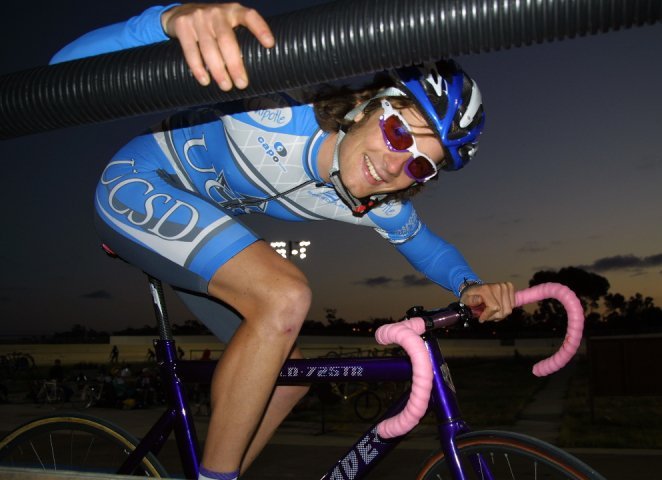


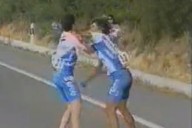
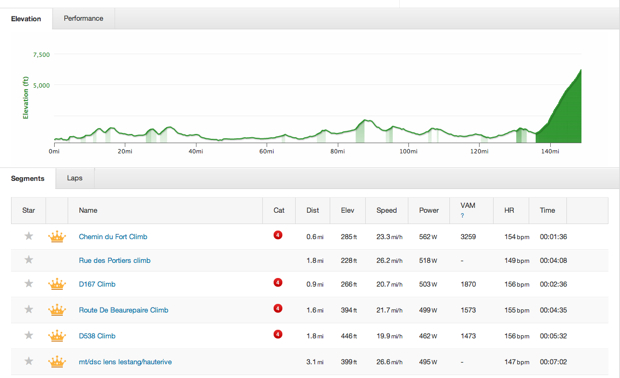


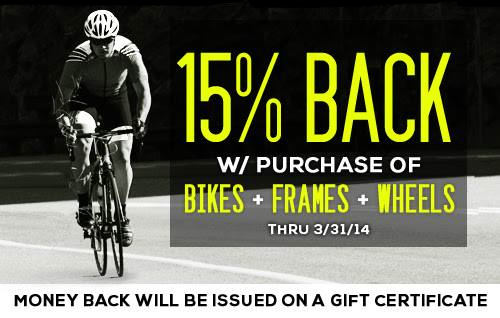




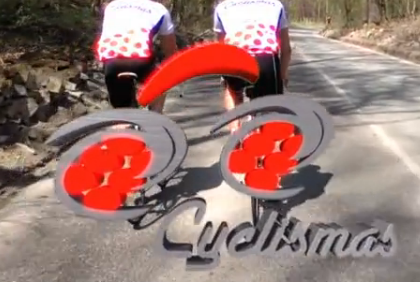

No Comments